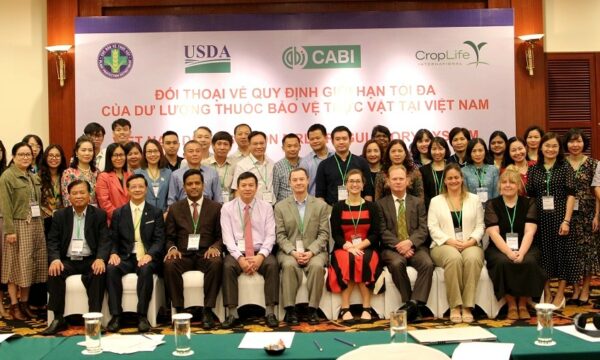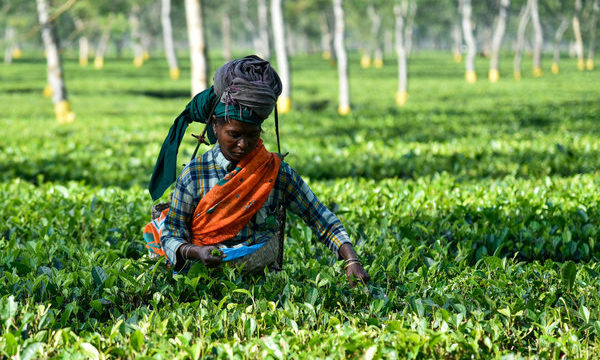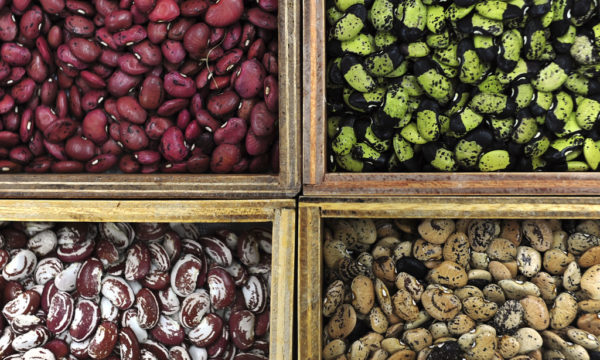Aspartame1‘s back in the news. The data we’ve been waiting for since I was last moved to post on this deceptively sweet little dipeptide has been published.
The European Ramazzini Foundation of Oncology and Environmental Sciences in Italy published their latest findings in the journal European Health Perspectives. ‘Lifespan exposure to low doses of aspartame beginning during prenatal life increases cancer effects in rats’, by Soffritti and colleagues, reports that when exposed to either 400 or 2000ppm of the sweetener from day 12 of foetal life, and for the rest of their natural lives, rats’ propensity towards certain cancers is increased in general, especially mammary tumours in females and lymphomas/leukemias in both sexes. This increase was especially significant when the dose was 2000ppm, a dose roughly equivalent to the acceptable daily intake for humans. The effects were dose dependent.
While the FDA has been reported as viewing this latest data as ‘no reason to review its opinion is safe as a general purpose sweetener in foods’, although it has not yet conducted a thorough review of the new data; and EFSA has not yet issued an opinion, the US consumer group; the Center for Science in the Public Interest (CSPI) immediately issued its support for the Ramazzi Foundation’s conclusion that ‘a review of the current regulations governing the use of aspartame cannot be delayed’, particularly in products that are heavily consumed by children.
Now, I’m no toxicologist, nor oncologist for that matter, so I have no desire to attempt any judgement on the data here. It also can’t be said categorically that just because Soffritti’s findings fly in the face of general scientific opinion on aspartame’s safety at continuous high intakes necessarily make those findings wrong. But there’s a bigger issue preoccupying the FDA and EFSA right now, to make them come to the defence of our ultrasweet little carcinogen (allegedly). If CSPI were to review the medical and nutrition literature2 that has appeared in the years since aspartame first burst onto our tastebuds, they might realise that in the western world we are at war. Obesity claims lives and medical resources and causes fear and misery on a scale that aspartame and its carcinogenicity could only dream of. Aspartame is a valuable tool in the war on waistlines, and a means a great deal to diabetics and to dentists. Since we as a species refuse to give up our love affair with sweets, aspartame may not be may not be perfect, but it’s the best we’ve got.
But is this true? While the non-calorific sweetener3 market is currently dominated by one substance, to the tune of 62% of the value of the intense sweetener market, there are a number of alternatives available to food manufacturers. Many of these are used preferentially for their other technological properties and aspartame is by no means the sweetest or the best choice for all foodstuffs. It just happens to be the most economical one for low calorie soft drinks and other stuff that we start consuming in large quantities at a relatively young age. Given the nature of the food additives sector, the number of alternatives is more likely to grow than shrink and aspartame’s use may dwindle according to the laws of economics anyway. Maybe there’s one in the pipeline that Soffritti and his colleagues do like the taste of.
1Other low-calorie sweeteners are available.
2For a generous sprinkling of information about them all, visit CAB Abstracts and try out search strings containing terms like ‘obesity’, ‘aspartame’, ‘energy intake’, ‘sugar substitutes’ and ‘sweeteners’ for recors since 1965 (the year aspartame was discovered). That should get you off to a good start.
3For a nice general overview of sweeteners, why not try searching CAB Abstracts for ‘QQ020 AND VV130 AND QQ130.’ That’s ‘sugar and sugar products’, ‘nutrition-related disorders and therapeutic nutrition’ and ‘food additives’ to us mortals, but it will give you a very manageable 61 hits.
Related News & Blogs
CABI works with partners to develop simplified manual of KS 1758: Horticulture Code of Practice for Kenya
CABI has worked in partnership to help develop a simplified manual outlining with illustrations the details of the KS 1758: Horticulture Code of Practice for Kenya which is aimed at enabling more farmers to produce safe food. KS 1758 specifies the rule…
20 August 2024




